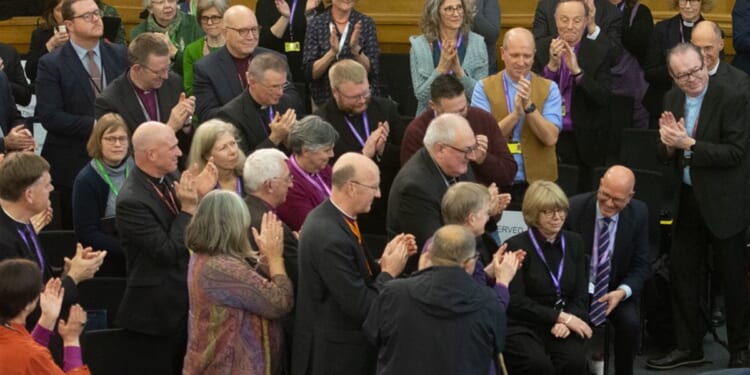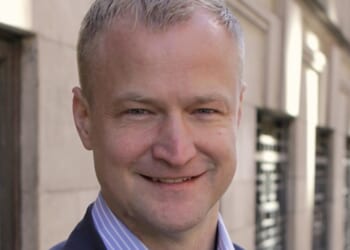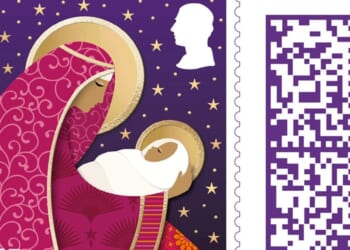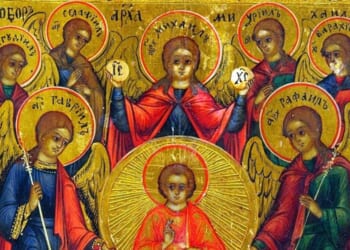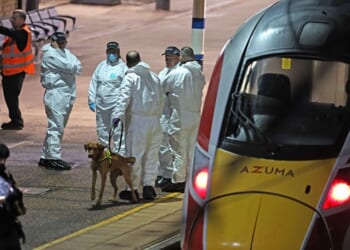Welcome for new Archbishop of Canterbury
THE Archbishop of York invited the General Synod to welcome the newly elected Archbishop of Canterbury at the start of the sessions. A “chief nurse” would make an excellent “chief shepherd”, he said. Members responded with a prolonged standing ovation. Addressing Archbishop Mullally directly, he said: “For the Church of England, our beautiful and diverse Anglican Communion, and all our ecumenical colleagues, please be assured of our love and our prayers for you during your time in office.”
Revised dates approved for February 2027
THE Synod approved the revised dates of Monday 22 to Friday 26 February for the first group of sessions in 2027. Feedback had shown that the dates announced last July clashed with the schools’ half-term week. Speaking on behalf of the Business Committee, Canon Paul Cartwright (Leeds) said: “We have listened to your voice. The Revd Mike Tufnell (Salisbury) commended the decision: “If we want to be a growing, younger, more diverse Church, we need to be mindful of the practicalities. Scheduling a meeting over the holidays is impossible if you are a sole parent. It may seem like a small change, but it’s such an important signal.”
Buzzacott appointed as external auditors
THE appointment of new external auditors on a five-year contract with a potential break clause after three years was approved by the Synod. Six firms had been invited to tender. The Archbishops’ Council’s Audit and Risk Committee had chosen Buzzacott LLP, a London firm that works with Church of England and Roman Catholic dioceses, as well as religious orders and other church organisations.
Read more reports from the General Synod Digest here

